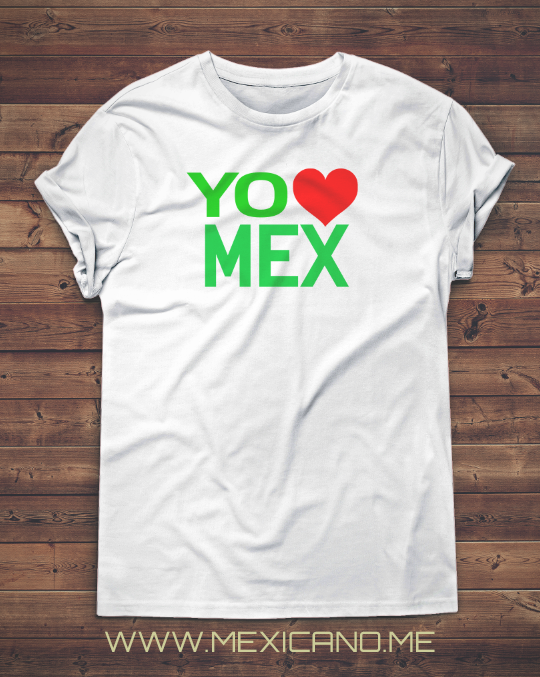Flex
Member
- Joined
- Jan 13, 2007
- Messages
- 437
- Best answers
- 2
Today it's commonly understood that most of the immigrants coming into America are from Venezuela, but what is causing this mass immigration flow into the U.S?
U.S. FOREIGN POLICY
U.S. FOREIGN POLICY in Latin America has played a significant role in shaping immigration patterns from the region. Throughout history, the United States has often intervened in the affairs of Latin American countries through sanctions and illegal coups. These interventions have had lasting consequences that have directly or indirectly impacted migration flows to the United States.
The human cost can be directly correlated with the sharp increase in illegal border crossings and the significant rise in Venezuelans on temporary protected status in the U.S., circuitously linked to the current sanctions regime.
In Venezuela, the regime adapts to sanctions, often at the expense of the general population, and has encouraged controlled emigration as part of its survival strategy. But for regular citizens, faced with this grim reality, the natural response is to seek greener pastures, and often, this means illegal entry into the U.S.
Interest groups and lawmakers often discuss stricter border controls and immigration policies without fully recognizing the role that external policies have played in contributing to the conditions that prompt illegal immigration. It's an issue that commands comprehensive analysis and solutions that consider the multifaceted source of the problem.
While the United States has often justified its actions as promoting democracy and combating threats to "national security", the reality for many in the region has been one of displacement and disenfranchisement.
U.S. FOREIGN POLICY
U.S. FOREIGN POLICY in Latin America has played a significant role in shaping immigration patterns from the region. Throughout history, the United States has often intervened in the affairs of Latin American countries through sanctions and illegal coups. These interventions have had lasting consequences that have directly or indirectly impacted migration flows to the United States.
The Human Cost of Sanctions
The weighing moral dilemma of sanctions is all too clear in Venezuela. While the intended effect is to alter the behavior of the ruling class, the impact on the ground is often one of collective punishment. Access to food, medicine, and other basic necessities has become a challenge, pushing individuals to their limits. The erosion of the quality of life and personal security has led to a desperate surge of illegal immigration, with thousands of Venezuelans seeking a new life beyond their country's borders.The human cost can be directly correlated with the sharp increase in illegal border crossings and the significant rise in Venezuelans on temporary protected status in the U.S., circuitously linked to the current sanctions regime.
The Flawed Theory of "Bleeding the Regime"
Sanctions based on the theory of "bleeding the regime" suggest that by impoverishing the populous and creating unrest, citizens will pressure their government to change. This theory, however, has been consistently debunked as wishful thinking, not a policy founded on proven socio-economic models. Instead, it tends to solidify authoritarian rule and scapegoating of external actors rather than internal responsibility.In Venezuela, the regime adapts to sanctions, often at the expense of the general population, and has encouraged controlled emigration as part of its survival strategy. But for regular citizens, faced with this grim reality, the natural response is to seek greener pastures, and often, this means illegal entry into the U.S.
Fleeing Through Illegal Channels
Illegal immigration from Venezuela to the U.S. is a complex issue rooted in the confluence of economics, safety, and hope. Those escaping the consequences of sanctions do so at great personal risk, often becoming the prey of human traffickers and other criminal organizations. The decision to leave is a last resort for many, forsaking home and security in the pursuit of the semblance of normalcy.Interest groups and lawmakers often discuss stricter border controls and immigration policies without fully recognizing the role that external policies have played in contributing to the conditions that prompt illegal immigration. It's an issue that commands comprehensive analysis and solutions that consider the multifaceted source of the problem.
While the United States has often justified its actions as promoting democracy and combating threats to "national security", the reality for many in the region has been one of displacement and disenfranchisement.
Last edited by a moderator:

